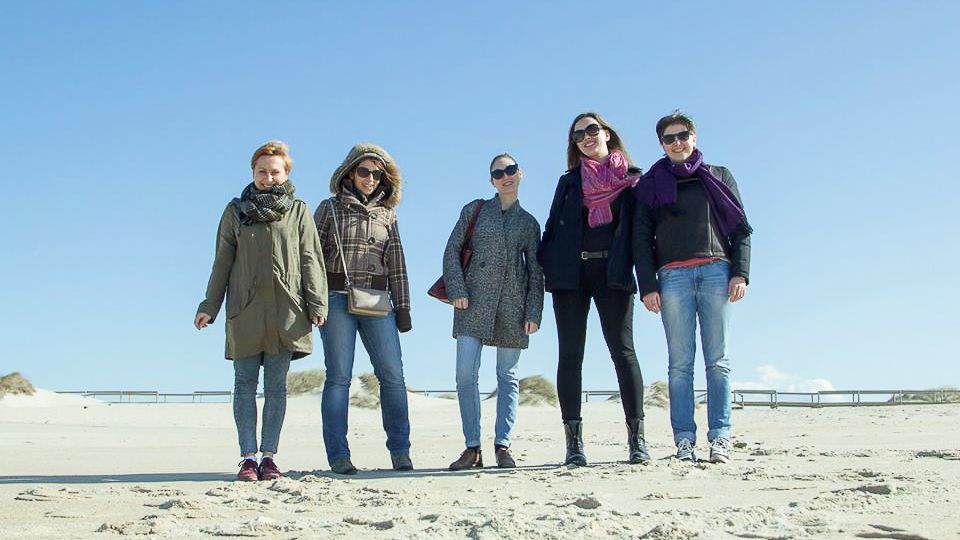(Don’t) Click Here!
Agora Aveiro joins forces with DOMAS, from Croatia, and the Learning Library, from Estonia, to develop new tools promoting media literacy for young people, educators and youth workers!
Estimated reading time: 2 minutes and 48 seconds
Did you know that, according to the Expanded Media Literacy Index, in 2023, Portugal ranked 12th in Europe for media literacy?
Agora Aveiro joined forces with the Croatian DOMAS and the Estonian Learning Library in a project that seeks to investigate the relationship between young people, the media, and sustainability, aiming to develop new practical tools to help youth workers, educators, and young people in general tackle the new challenges of an increasingly digital society.
But what exactly is “media literacy” and what is it for?
Media literacy is the ability to access, analyse, evaluate, and create content across different communication channels. People with strong media skills are able to critically analyse the information they find online and make more informed and safer decisions about the content they consume. This is crucial in a world where misinformation spreads much faster than facts, with potentially dangerous consequences for safety, health, education, and even democracy.
Where did we begin?
Before launching the project in full force, we spent some time researching, poring over books, articles, and news, in order to thoroughly understand the current situation in the three countries involved: Croatia, Estonia, and, of course, Portugal, in terms of public policies and institutional programmes aimed at promoting media literacy.
Later, we conducted a survey of young people aged between 15 and 30, receiving around 1,000 responses. With this data, it was possible to compare the results with the measures implemented in each country. We also analysed various case studies highlighting good practices from associations and institutions that are combating misinformation and promoting media literacy, especially among young people.
If you're interested in reading the final report of our research, you can find it here!
Finally, a few conclusions
In Portugal, the research showed that public policies and European programmes have indeed promoted media literacy in an integrated way. Initiatives such as Erasmus+ and the European Solidarity Corps empower young people to tackle misinformation and foster the development of critical thinking. Nationally, the "Media Literacy Strategic Plan" for 2024–2029 emphasises the importance of educating citizens to think critically, capable of distinguishing facts from opinions, and includes concrete measures to implement these actions.
However, despite substantial progress, the report highlights the need for improvements in formal education, particularly at the start of primary education, where there is still room to strengthen media literacy. While media literacy in Estonia is deeply embedded in the digital culture, in Portugal the focus has been on youth-targeted projects, such as the P3 website and Visão Júnior magazine, which bring younger generations closer to the media and promote its conscious use.
One of the growing challenges is misinformation on environmental issues, such as greenwashing, practices that make something appear more sustainable than it really is. The research showed that media literacy is essential in helping young people distinguish between genuinely sustainable practices and manipulative messages.
The "MIL GREEN" project aims to develop tools that empower young people, educators, and youth workers to act critically, responsibly, and consciously in the digital space, with a special focus on sustainability. Stay tuned, because it’s just around the corner!
The "Media and Information Literacy for Climate Change and Environmental Topics" project is funded by the Erasmus+ programme of the European Commission, in partnership with DOMAS, from Croatia, and the Learning Library, from Estonia.

Nuno Brízida



